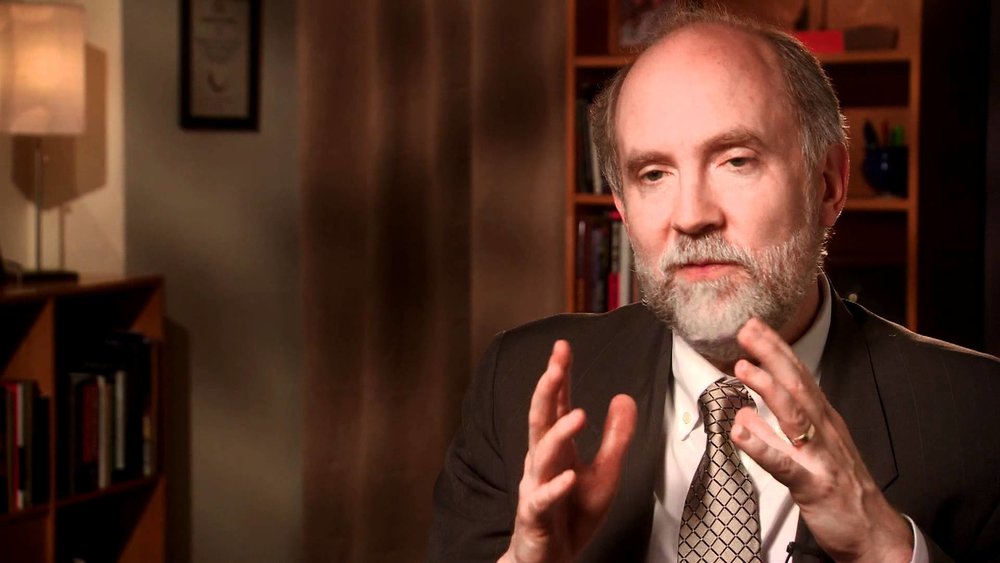I doubt the dates in JCPOA will be changed: Matthew Bunn

TEHRAN - Matthew Bunn, a specialist in nuclear security at Harvard’s John F. Kennedy School of Government, believes that “The dates in the JCPOA were the result of hard-fought compromises. I doubt they will be changed.”
“JCPOA makes clear that Iran IS permitted to enrich uranium. With sovereign rights already established, Iran now has to make decisions on how much enrichment to have based on costs and benefits, like anything else,” Bunn tells the Tehran Times in an exclusive interview.
Following is the full text of the interview:
Q: U.S. President Donald Trump approved the Iran nuclear deal only one more time before abandoning it if it is not changed. What are the changes that Trump emphasize on them?
A: President Trump is unsatisfied with some of the fundamental compromises made in negotiating the JCPOA. In particular, he would like the restraints on Iran’s enrichment program to last much longer, and he would like restraints on Iran’s ability to test long-range missiles capable of carrying nuclear weapons.
Q: The White House wants a deal with EU signatories to make restrictions on Iran's uranium enrichment permanent. Under the current deal they are set to expire in 2025. Do you think EU will accept this condition? If so, Will Iran accept it?
A: The dates in the JCPOA were the result of hard-fought compromises. I doubt they will be changed. But I think the JCPOA should be seen as the first step toward a more cooperative environment – and reaching such a cooperative environment might involve additional supplementary agreements in the future, in which all sides agree to additional steps. In the U.S.-Soviet relationship, for example, there was a SALT I nuclear arms control agreement, followed by SALT II, followed by a change of name to START, then START II, and then the Moscow Treaty, and then New START.
JCPOA makes clear that Iran IS permitted to enrich uranium. With sovereign rights already established, Iran now has to make decisions on how much enrichment to have based on costs and benefits, like anything else. My guess is that a careful analysis would conclude that Iran’s national interests would be best served by spending very little on more uranium enrichment.
Most countries with nuclear energy don’t bother with their own enrichment, because the commercial market is highly reliable, other countries have invested for decades in highly efficient technology that would be hard to match, and it’s much cheaper and easier to buy enrichment on the market than to spend billions trying to compete in what’s already an oversupplied market where nobody is making much profit.
No nuclear power reactor has ever been forced to shut down because it couldn’t get fuel from the international market. If Iran concludes it doesn’t actually need very much enrichment, it might conclude that there’s room for future compromises on enrichment issues.
Q: Mr Trump also wants Iran's ballistic missile programme to be addressed. Iran frequently has emphasized that ballistic missile is not related to JCPOA and will not negotiated about it. According to this, do you think that this condition meaning the end for JCPOA?
A: I think Iran was wise to announce that for now, it had no need for missiles with ranges greater than 2000 kilometers. It’s my hope that in the future, Iran and the P5+1 can come to an arrangement that protects Iran’s legitimate self-defense interests but restricts the kinds of missiles that could carry nuclear weapons to long distances. Such missiles are a real concern not just to the United States but to European countries and others. One of the factors creating the dangerous crisis with North Korea, for example, is North Korea’s relentless testing of very long-range missiles intended to carry nuclear weapons.
Leave a Comment